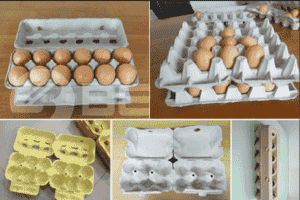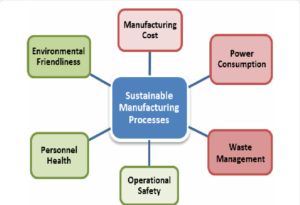
This blog discusses the growing preference for trays as an eco-friendly alternative to plastic egg trays, highlighting their significant environmental benefits and their growing popularity among businesses and consumers in the increasingly sustainable world.
1. Biodegradability and Compostability
Paper egg trays are eco-friendly due to their biodegradability and compostability, promoting a circular economy by returning nutrients to the soil after exposure to the right conditions.
2. Reduced Carbon Footprint
Paper egg trays, made from recycled paper, have a lower carbon footprint compared to plastic trays, requiring less energy and generating fewer greenhouse gases.
3. Recyclability and Reusability
Are recyclable, reducing waste and promoting a sustainable lifecycle. They are durable, reusable, and can be reused multiple times, reducing the need for virgin materials.
4. Less Harm to Wildlife
Plastic waste, particularly plastic egg trays, harms wildlife, especially marine animals. This break down naturally, reducing health risks and protecting ecosystems, making paper a safer choice.
5. Water and Energy Conservation
Paper egg trays are more sustainable due to their lower water and energy consumption, recycling process, and renewable energy sources.
6. Support for a Circular Economy
The circular economy promotes waste reduction, reusing products, and recycling, with being a prime example of this, promoting resource efficiency and environmental protection.
7.Lower Environmental Impact
Plastic pollution poses severe risks to wildlife, as animals mistake plastic for food, leading to ingestion and entanglement. on the other hand, pose minimal environmental risks due to their quick decomposition and lack of harmful chemicals.
8. Sustainable Production Process

Paper egg trays are produced using pulp molding, a sustainable method that uses recycled paper and water to create a pulp shape. This process reduces energy and water usage, and can often be recycled, further reducing environmental impact.
